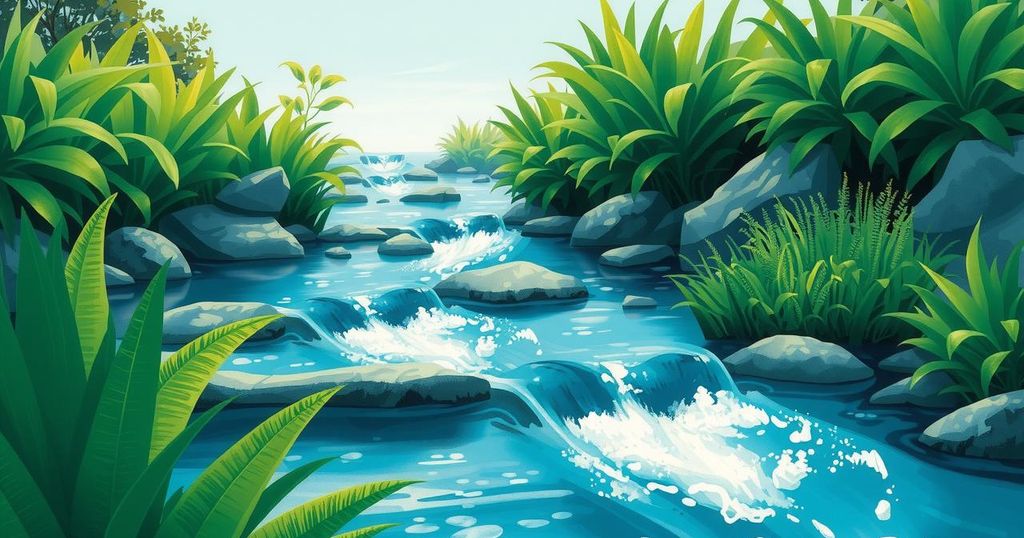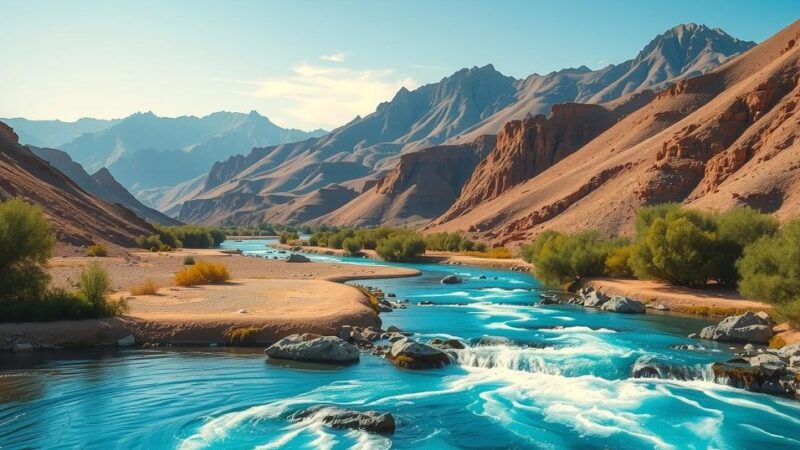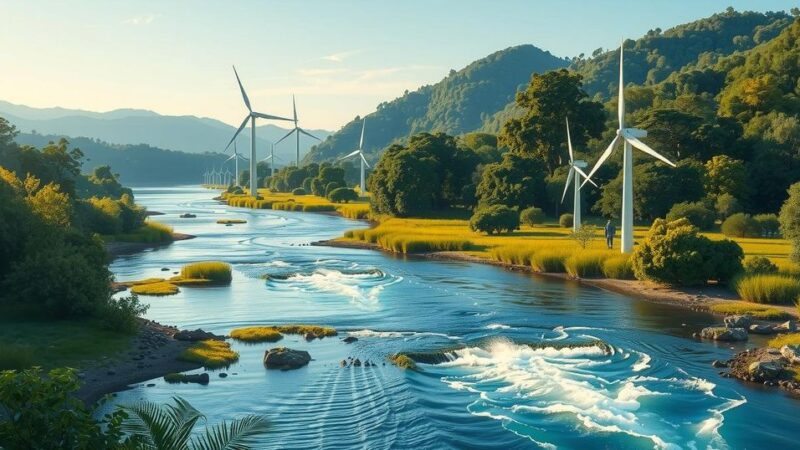“Capturing Water” by Rehad Desai highlights the water crisis in South Africa, particularly as residents narrowly avoid “Day Zero” amid a severe drought. The film reveals broader water-related challenges due to climate change, forecasting that by 2030, 250 million people will experience water stress across the continent. Desai’s work emphasizes the need for action to ensure sustainable water practices.
In early 2018, the Western Cape region of South Africa faced a severe drought, leading residents of Cape Town to prepare for a potential crisis known as ‘Day Zero,’ when the city’s water supply would be exhausted. Fortunately, this disaster was narrowly avoided. However, filmmaker Rehad Desai, in his documentary “Capturing Water,” highlights that this specific crisis is only a glimpse of a much larger imminent threat posed by climate change, potentially affecting millions.
During an interview with Variety, Rehad Desai emphasized the urgency of the situation, stating, “We’ve got 250 million people facing water stress, mainly in urban areas, across the continent by 2030.” He further noted the alarming impact of climate change, asserting, “The temperatures are just increasing exponentially. We’re a dry continent. It’s becoming drier because of climate change.”
As Desai’s film is showcased at the Joburg Film Festival this week, it serves as a critical reminder of the dire need for water conservation efforts. The ongoing water crisis exemplifies the broader implications of neglecting environmental issues, as it threatens the livelihoods and survival of countless individuals across the continent. By raising awareness, Desai aims to galvanize action for sustainable water practices and combat climate change effects.
The documentary “Capturing Water” underscores the urgent need to address South Africa’s and the continent’s water crises exacerbated by climate change. Filmmaker Rehad Desai’s insights serve as a warning of the challenges that lie ahead, stressing that immediate action is required to safeguard this vital resource for future generations. As millions face water stress, the importance of grassroots movements and conservation efforts cannot be overstated.
Original Source: www.imdb.com






